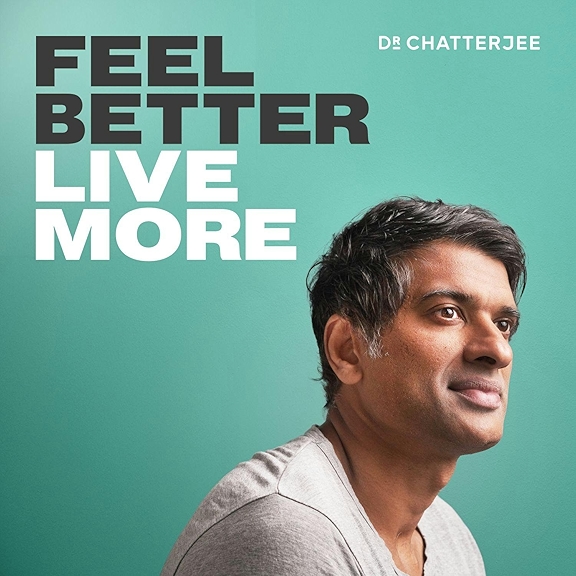
Lance Armstrong beat the French at their national sports: drugging, lying, and cycling.* US federal prosecutors tried to fine him $100 million. Their goal was to boost their careers by destroying people, and a superstar turned villain was a perfect candidate. They spent tens of millions of taxpayer dollars and settled for $5 million—an abject loss.
Whatever you think of Armstrong, the French, prosecutors, or athletic doping, the following is clear. Over the past four decades, sports became drenched in drugs. They are integral; they are not going away, and they enhance performance. If you do not believe this, particularly if you think Armstrong is a cheater, spend 20 minutes watching mainstream strength sports such as CrossFit championships. These performers parrot Lance: “We never tested positive.”
Yet the press labels Armstrong “disgraced.” They never acknowledge their hypocrisy: nearly everyone in America—including them—takes powerful prescription drugs every single day.
*Give thought to what we do here in the US before being too critical of the French.
My mission is to improve health and longevity for people who have declining hormone levels. I recommend higher doses than most physicians, but I am not knowledgeable about sports use. If I openly advocated it, my peers would cast me out as a renegade.
An athlete’s aim is to maximize performance. If you decide to supplement, begin by learning the basic information here. Then get coaching, take responsibility for your actions, and become an expert. You may be taking health risks, although the concerns are exaggerated.
As you explore what works and what is safe, be cautious and skeptical. Big Pharma, the journals, the medical mainstream, the supplement makers, and the bodybuilding industry all have conflicts of interest—they are selling something. Most have little concern about damaging you while they get rich. I would caution you, in particular, to avoid believing random articles from internet searches. Most are written by corporate sources. And most doctors who prescribe hormones have a lot of the story wrong as well.
Remember that half of the standard medical practice is questionable, and the medical journals are unreliable (see my other book and The Journals’ Sins are the Editor’s Sins chapter here). Rick Collins (cgmbesq.com), an attorney who defends athletes, wrote to me about bodybuilding sources:
[They] (including the magazines) have been historically far, FAR closer to the truth than mainstream physicians on issues of nutrition, exercise, and ergogenic drugs. Bodybuilders saw the value of fat in the diet when doctors were still advising patients to eat “low fat” diets–poisoning them with sugar and excessive carbs. Bodybuilders knew the importance of resistance training for decades while clueless doctors were advocating that all you need is aerobic exercise. Bodybuilders knew steroids build muscle when medical orthodoxy insisted that steroids didn’t work—and rigged studies to “prove” it. Bodybuilders knew the risks of testosterone and HGH were wildly exaggerated and distorted decades ago–while doctors STILL have no clue. Of course, the downfall of bodybuilders is the mindset of excess–“more is better.”
There must be limits on the doses, but they are unclear. Testosterone produces acne, hair growth or loss, sterility, and testicular atrophy (small balls). Women may get deeper voices and enlarged clitorises. The FDA says that testosterone increases heart disease, but the studies purporting to show this are wrong. If you use estrogen and have a uterus, you must use progesterone or risk a higher chance of uterine cancer. High doses of vitamin D3 and thyroid can cause toxicity. Testosterone relatives, such as methylated or alkylated anabolic steroids, can




















